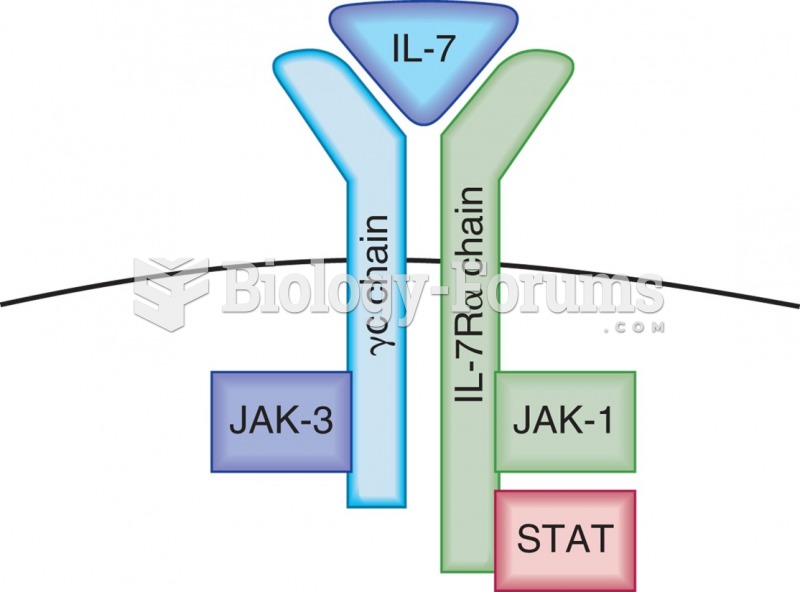|
|
|
The average adult has about 21 square feet of skin.
The word drug comes from the Dutch word droog (meaning "dry"). For centuries, most drugs came from dried plants, hence the name.
A cataract is a clouding of the eyes' natural lens. As we age, some clouding of the lens may occur. The first sign of a cataract is usually blurry vision. Although glasses and other visual aids may at first help a person with cataracts, surgery may become inevitable. Cataract surgery is very successful in restoring vision, and it is the most frequently performed surgery in the United States.
Bacteria have flourished on the earth for over three billion years. They were the first life forms on the planet.
To combat osteoporosis, changes in lifestyle and diet are recommended. At-risk patients should include 1,200 to 1,500 mg of calcium daily either via dietary means or with supplements.







![YOTTO x Eli & Fur - 'Somebody To Love' (Official Audio) [Odd One Out]](https://biology-forums.com/gallery/49/medium_6_07_04_25_8_49_20.jpg)